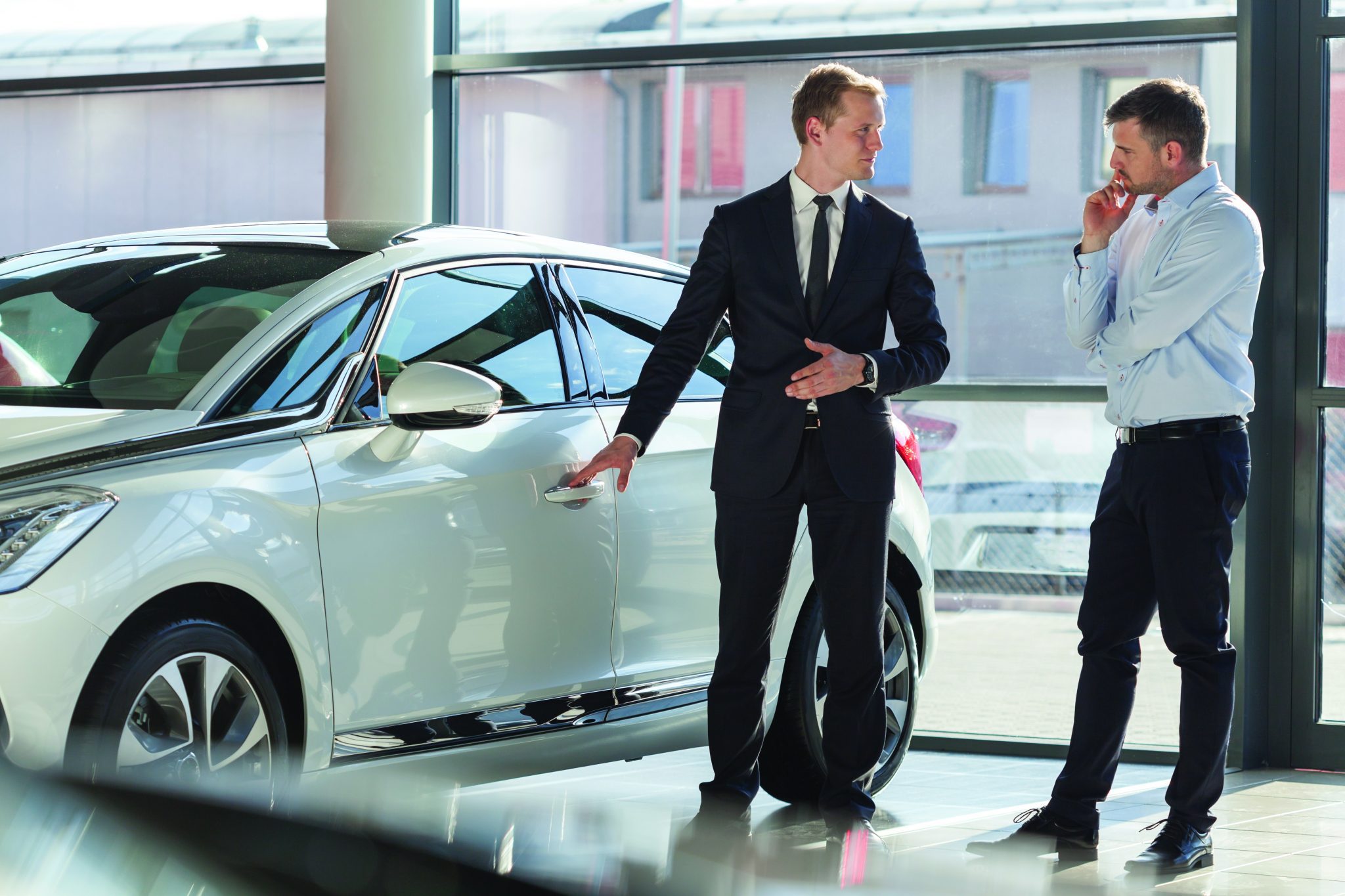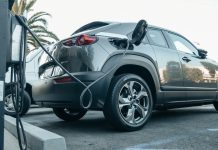Car vending machines sound like the stuff of science fiction specials, however, with the advent of Carvana, that reality is here. On the surface, Carvana indeed does look like the car shopping experience of the 21st century. It’s online, no hassle-no haggle model seems tailor-made for a generation that prefers fast, convenient service with as little face time as possible. Carvana’s website promises lower prices than traditional dealerships, as well as money-back guarantees and subsidized travel if you’re outside of their delivery zones. Their site features close to 18,000 positive reviews, all attesting to the company’s high convenience and satisfaction ratings.
That said, the concept is still new, and as with most new things, it isn’t perfect, which is why many are not dropping their dealerships just yet, even if they do flirt a bit with the competition. Here are five ways dealerships still make more sense to shoppers.

1. No Haggling Means Less Savings
Carvana is not the first online retailer to promise the convenience of no-haggle buying. While on the surface it sounds like a great deal, a closer look shows a more complex picture. Customers assume that if there’s no haggling, the quoted price is the absolute lowest. However, as Jerry Reynolds points out in a 2017 article for Car Pro, that’s not entirely true. He compared a number of cars and found that on average the prices quoted on Carvana are higher than competitors. His bottom line: customers need to decide how much convenience is worth to them, bearing in mind that in some cases, it can come with a $1K+ price tag. While haggling isn’t anyone’s favorite activity, the truth is it does bring costs down on many cars, making the process still worthwhile for those looking for a good deal on a car.
2. Location, Location, Location
Currently, Carvana has only three locations: Atlanta, Charlotte, and Dallas. If you live in or near one of these locations, picking up a car at a vending machine or having one delivered to your door isn’t much of a hassle. But if you’re an out-of-city or state buyer, things start getting trickier as you’ll either need to fly to your car or pay for shipping. Not exactly the height of convenience. And while Carvana will subsidize your flight in with $200, that’s not going to cover everything, especially if you’re flying–and then driving–long distances.
3. Looks Can be Deceiving
Few people want to spend their weekends walking through lots, kicking tires. Which is why Carvana offers 360-degree viewing of all their cars, promising “no stock photos” on their website. While in theory being able to go on a three-dimensional tour of a vehicle sounds like a promising deal, the reality is that the current picture quality is not high, leading to some saying they were surprised by the actual look once they received their car.
4. Long Distance Service
 Another area where traditional dealerships still have an edge is with personal service. As mentioned above, Carvana is still only located in three places, making most of a customer’s interactions virtual and distant. This has led to quite a few service issues as complaints can take double or triple the time to be resolved.
Another area where traditional dealerships still have an edge is with personal service. As mentioned above, Carvana is still only located in three places, making most of a customer’s interactions virtual and distant. This has led to quite a few service issues as complaints can take double or triple the time to be resolved.
5. Long-Term Viability
Like all businesses, Carvana aims to make money. However, even if they are underselling the competition, there is a reasonable worry that that model can’t last long and that eventually, prices will have to rise if they want to stay in business. Car vending machines are expensive to build, after all, and their current model keeps their stock relatively low. So there are concerns that they’ll go the way of other online car sites, racking up negative reviews and turning to mediocrity.
Which makes Carvana an excellent opportunity for dealerships. Managers and sales teams should look at where Carvana and those like it excel and fall short, and capitalize on both sides. If customers are turning to online sales sites because of the convenience, then dealerships should look for ways to bolster convenience levels both on and off site. They should also focus on advertising their strengths in comparison to Carvana: dealerships are local and personal, and they allow customers to negotiate lower costs and know precisely what to expect from the car they drive home.








